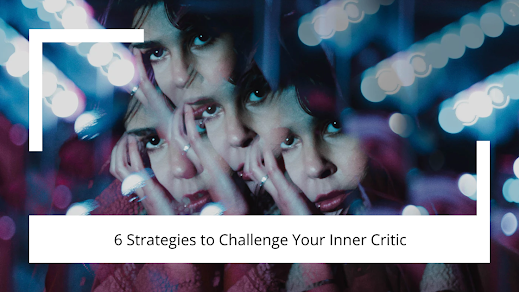One way you can develop more discipline is to use challenges. This makes it more like a game and less like a chore. Also, there can be the element of competition with others and having others help hold you accountable which improves your odds of success.
Challenges are very popular and you can find them in many places. Or you can make up your own and share it with a group of people. You also can make your own challenge or use one from someone else to just challenge yourself. However, you end up doing it is up to you.
When looking to see if a challenge will be useful to you, there are some factors to look for, so you can best benefit. Is the challenge realistic? You want to stretch yourself, but not to the point where you have no chance of success. For example, you could challenge yourself to lose 30 pounds in 30 days, but that is not very realistic. You also want the challenge to not be too easy. You need to see if you have the time to devote to it. Be sure to include time for learning new things, For example, if you challenge yourself to build a new blogging website in 30 days, remember that if you have never done one before, you will have to learn some things and that will be extra time above just writing the blog posts.
If the challenge is a large one over a longer period of time, are there clear-cut milestones along the way to help you have a sense of accomplishment? If your challenge, for example, is losing 60 pounds in a year, you need to set up smaller weight goals along the way so you can keep up the momentum. Milestones also help you see if you need to tweak the challenge, either lower or higher. If you lose 10 pounds in about 2 months, you are right on schedule, If you have only lost 5 pounds in that same time period, though, you may need to lower the amount you plan on losing in a year. Now if you lose 15 pounds in 2 months, you may want to raise the amount you plan on losing in a year, or cut the time down to say 10 months.
When you do a group challenge, you have some added benefits. There is a sense of camaraderie when working together on a goal that you do not get just competing with yourself. Other people can give you ideas, too. For example if you are in a group losing weight, people can share healthy recipes and support. Just remember that the primary person you are in competition with is not the others, but yourself and you can really enjoy doing a group challenge.









